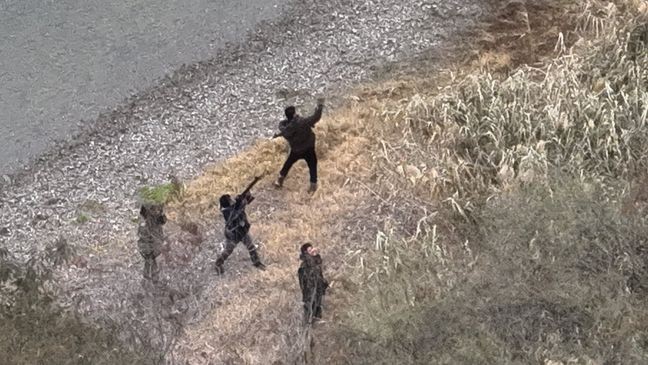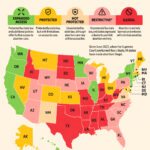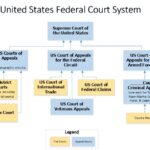http://www.break.com/embed/563736?embed=1

The Tangled Issues of Legislating Against Cartel Drones
The recent surge of drug cartel drones over Arizona’s southern border has proposed a tricky part in terms of law enforcement. Policymakers, including Attorney General Kris Mayes and Rep. David Marshall, are advocating for legislation that would equip local law enforcement with the legal means to use force against these drones without fear of any backlash. However, this proposal leads us to dig into complicated pieces of both state and federal laws that govern the shooting down of aircraft, including drones.
Shoot Down Drone without Fear – A Tricky Part
The American legislation maze can often feel intimidating and off-putting, with the twists and turns in Arizona’s House Bill 2733 adding to that confusion. The intent of this bill, proposed by Rep. David Marshall, is to provide law enforcement with immunity from liability for personal property damage incurred while shooting down drones suspected of illegal activity. This seems to be a valid argument, given the steady increase of drug cartel drones conducting surveillance and drug deliveries, as stated by Attorney General Kris Mayes. But, what of the broader context beyond Arizona?
Navigating Federal Law – A Tangled Issue
Even though state legislation may evolve to support law enforcement’s right to shoot down drones, the journey doesn’t end there. Federal law bars shooting at any aircraft, regardless of whether it is manned or unmanned. These nitty-gritty details present an overwhelming challenge for state lawmakers who have to poke around these various legal obstacles to achieve a victory in drug enforcement. The nerve-racking dilemma of adhering to both state and federal laws without compromising the effectiveness of law enforcement reinforces the need for a nuanced understanding of U.S. legislation.
Considering the Fine Points – An Intimidating Task
The loaded issue of firing at drones reaches beyond liability concerns; it raises paramount questions about safety and potential damages. The Federal Aviation Administration (FAA) has cautioned against shooting at unmanned aircraft, citing the risks of drones crashing into people, property, or even other aircrafts. A drone that’s been hit by gunfire could pose an unexpected threat, becoming a projectile causing additional damage or injuries.
The Subtle Parts of Detection and Response
Another hidden complexity of this proposed legislation revolves around law enforcement’s ability to accurately identify cartel drones from others, especially at night. Complicating matters further is the fact that drones have proliferated in recent years, serving numerous uses such as law enforcement, fire-fighting, and land surveying, making the identification of suspicious drones even more challenging.
Consideration of Non-Lethal Alternatives
One possible solution to this riddled challenge is the use of “drone jammers” that disrupt the operation of illegally flying drones. This would allow law enforcement to neutralize the threat without using potentially dangerous gunfire and without falling afoul of federal law.
In conclusion, the surge in the use of cartel drones presents a complex problem for Arizona law enforcement and policymakers alike, who are tasked with finding their path through a labyrinth of local and federal laws. This issue is full of problems and legal nuances, requiring considered responses that both uphold the law and protect the safety of those on the ground. Understanding these intricate details is key to navigating through the tensions and finding effective, lawful solutions to eradicating the threat pose by cartel drones.
Originally Post From https://www.newsbreak.com/arizona-mirror-563736/3818518763758-ag-backs-bill-to-let-cops-shoot-down-cartel-drones-despite-a-federal-ban-on-doing-so
Read more about this topic at
How CUAS systems can protect U.S. Border Patrol agents
Mexican cartels order suicide drone attacks on Border Patrol


